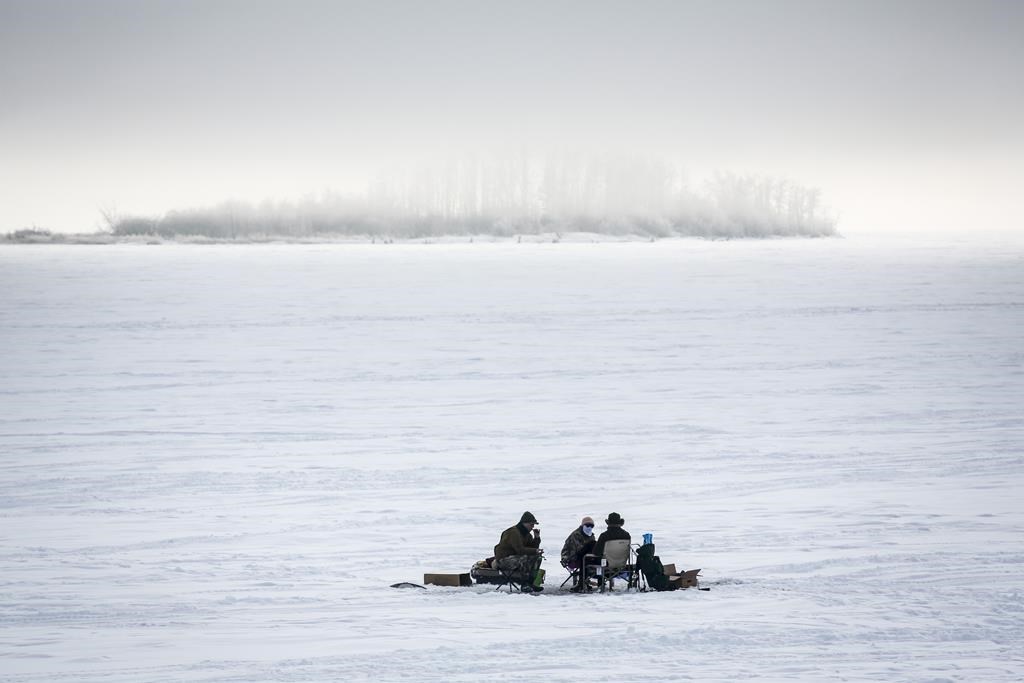Alberta’s United Conservative Party government has moved on a proposal to split wildlife management responsibilities in the province, creating a new department of hunting and fishing in the Forestry, Parks and Tourism Ministry.

The new branch, according to an internal memo obtained and confirmed by The Canadian Press, will “increase focus and capacity on supporting hunting and fishing as an activity on Crown lands.”
The memo says the branch will now govern allocation of fish and wildlife, including sport fishing regulations, hunting tags, trapping licences and human-wildlife conflicts.
It leaves population counts, habitat and land use policy, species at risk management and wildlife disease management within Alberta Environment and Protected Areas — splitting work that should be interconnected and taking the province back decades, critics say.
Lorne Fitch, an award-winning biologist and retired University of Calgary professor, said the move will make it harder to track and manage the overall health of Alberta’s wilderness.
“How do you manage sheep, how do you manage elk, how do you manage grizzlies without understanding what land uses are occurring and what the effects of those land uses will be?” he asked. “(How do you manage) if you don’t understand disease risk?

Get breaking National news
“How do you value a species for things other than hunting and fishing?”
The memo says the different departments will continue to work together.
“This transition will allow each ministry to be even more focused on their distinct roles and dedicate additional resources to those areas,” says the memo, signed by deputy ministers of the departments involved.
Katie Morrison of the Canadian Parks and Wilderness Society said the move is another example of the UCP government breaking up functions of the province’s Environment Ministry. Responsibility for parks has already been moved out of Environment and into Tourism.
“It will be increasingly hard to ensure that the lands and waters and all the wildlife that depend on them are managed holistically,” she wrote in an email.
“Fish and wildlife and their habitats need to be managed together to conserve ecosystem function and manage and recover species. This move segregates wildlife management from habitat management and game species from the rest of wildlife management.”
Fitch said the move smacks of wildlife management from the 1950s, when the only species that were managed were sport species or species with commercial value.
“Instead of a package deal where biodiversity is managed for all its intrinsic and exploitive reasons, now we’re separating out just the ones that are going to be hunted and fished under a separate branch.”
The memo confirms reports earlier this month about the breakup of Alberta’s fish and wildlife branch. At that time, government staff confirmed control of provincial fish hatcheries was to be devolved to Alberta Irrigation and Agriculture, but spokespeople said changes for wildlife were in the works.
No one from Alberta Environment and Protected Areas or Alberta Forestry, Parks and Tourism immediately responded to a request for comment on the rationale behind the change.
The new hunting and fishing branch comes under the control of Forestry, Parks and Tourism Minister Todd Loewen. Loewen’s political disclosure statement says he receives ongoing income of at least $5,000 a year from an outfitting business.
Loewen has said there’s nothing unusual about someone with expertise in an industry being appointed as minister of the department that regulates it.







Comments
Want to discuss? Please read our Commenting Policy first.